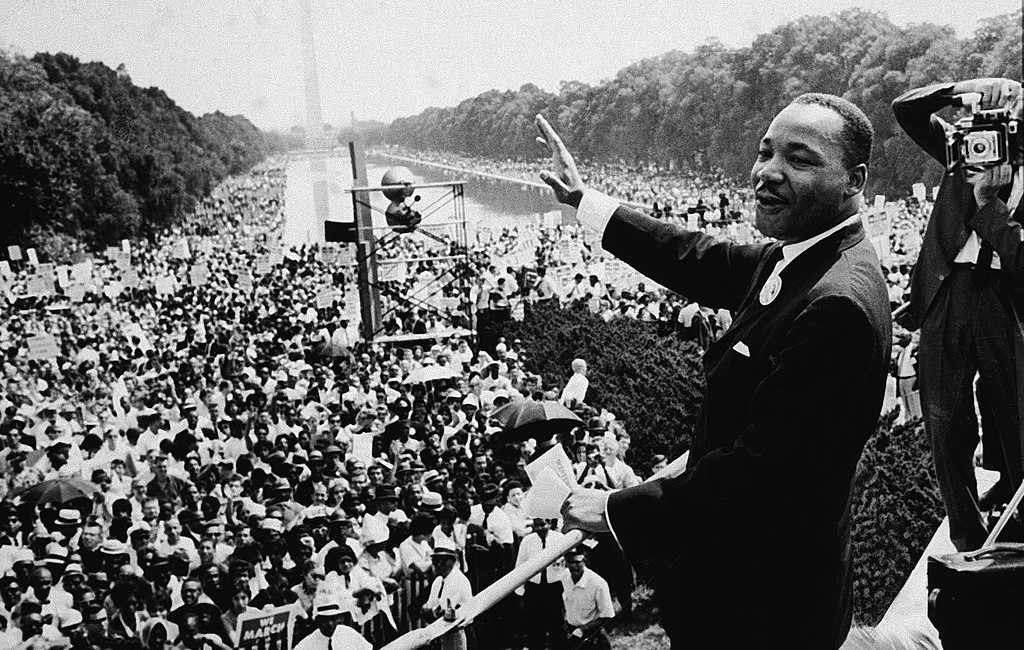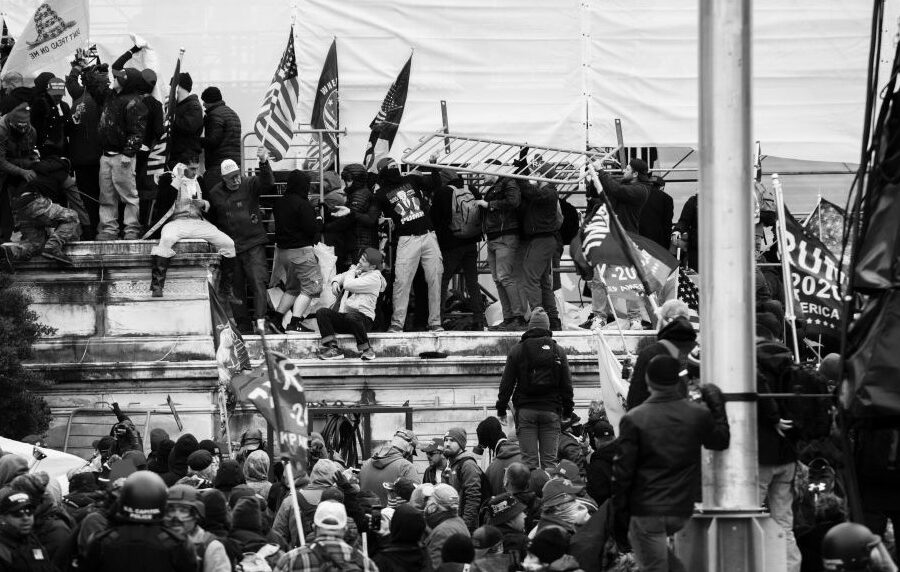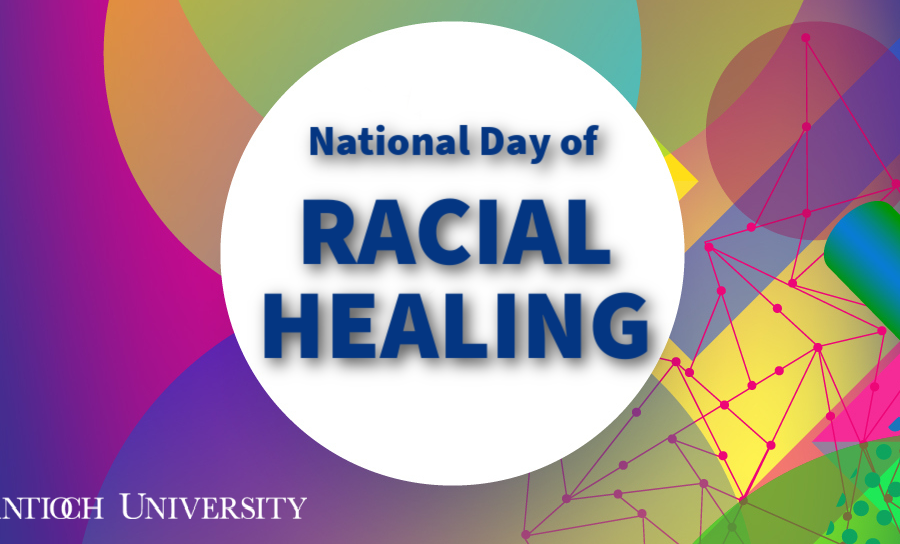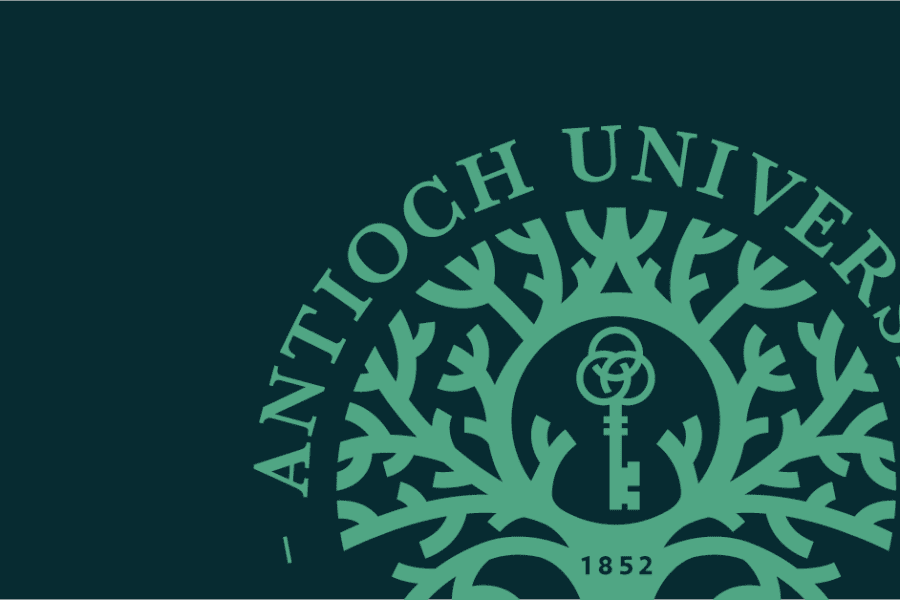I encourage you to use some part of this day away from work obligations to join me and the rest of Antioch University in honoring the memory and legacy of Martin Luther King, Jr. As we do our own work, and hopefully contribute to the progress of our society in ways large and small, it’s important that we take time to reflect and remember the social movements and victories of years past.
The legacy of the Civil Rights Movement of the 1950s and ’60s is still evident around us, and in many ways it was the work of Dr. King and the many other committed activists and righteous citizens of that age (including many Antiochians) who made America into the vibrantly multiethnic democracy that it is today.
Antioch University has played and continues to play an important role in the ongoing struggle to bring justice and equality to Black Americans. Looking back, we can be proud of the fact that our university from the start accepted Black students to study alongside white students and was among the first in the nation to do so. We are proud of our affiliation with abolitionists and with the Union in the Civil War. We are proud that Coretta Scott King graduated from Antioch College in 1951, and that she returned in 1967 with her husband who gave the commencement address. (You can listen to it here.)
We are also proud of the way that in the ‘60s and ‘70s we expanded what Antioch could mean, bringing our accreditation and passion for learner-focused education to underserved communities of color in New York, Philadelphia, Baltimore, Minneapolis, Washington, DC, and beyond. (You can learn more about this period in this year’s cover story for the Antioch Alumni Magazine, “Becoming a National University.”) I believe it is a sign that we were on the right side of history, that in the 1960’s when the FBI was spying on and threatening Dr. King (most memorably by trying to convince him to commit suicide) they were also working on a secret plot to undermine Antioch (read the whole story here).
Antioch University’s students, faculty, and leaders have often stood together with Black Americans in the ongoing struggle for freedom and justice. But it is not enough for us to rest on our past achievements. We must continue striving to identify those people and movements and causes and actions that align with our values today, and to give them our support and solidarity.
We continue that tradition today by speaking out and taking action against forces of racial oppression and white supremacy. We do the most good not just by giving our public support but also by looking inward and seeing how we can do better. I do not pretend that Antioch University is a perfect institution, but I take tremendous solace in the ways I have seen so many of you work to make it more just and more thoughtful. I believe that is the ultimate legacy of Dr. King: to speak out for what is right, even when it may be unpopular, and to keep on working toward that goal, no matter how slow the progress might seem.
Today, let us take a minute to reflect on the work of all those generations that have gone before us, and for whose work we should be thankful. And, more important, let us recommit ourselves to the work that we are doing this year, and will be doing in the coming years, to continue making our university, our nation, and our world a better place.




